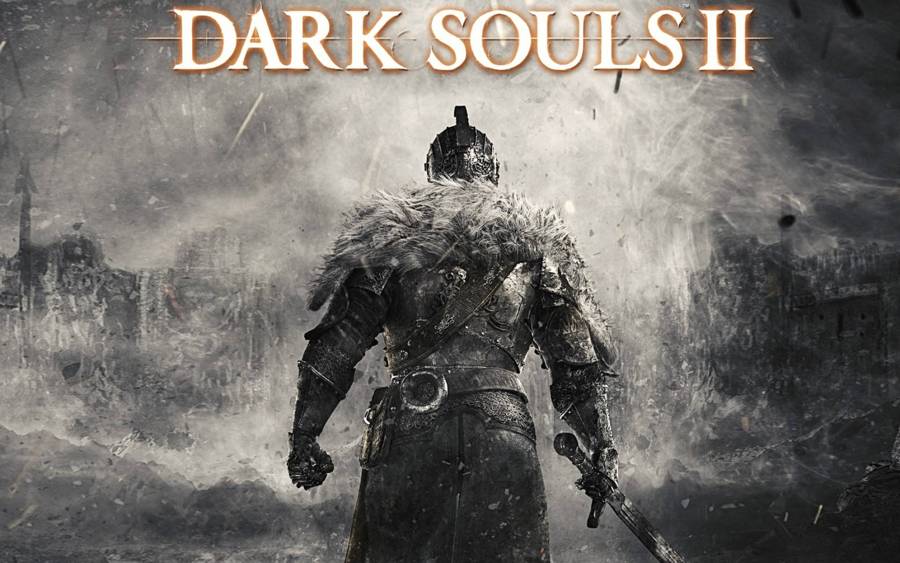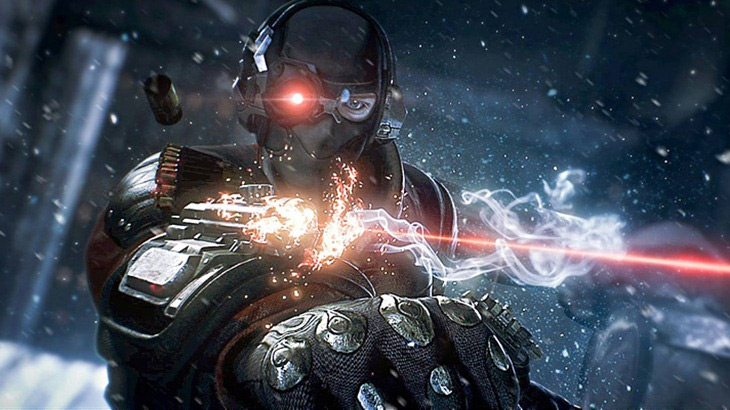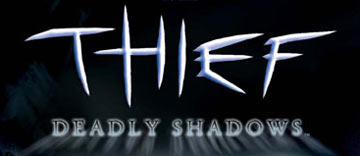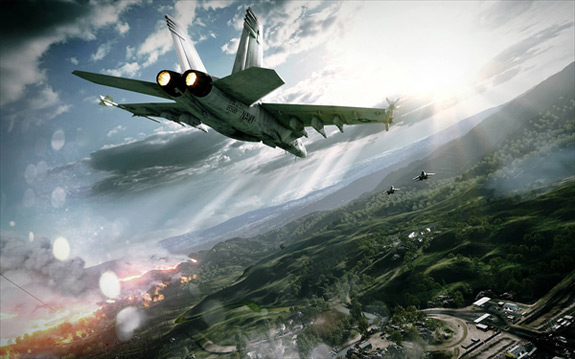I've always loved video games since I first played it at a friend's computer after elementary school. There is something almost magical about the fact that we are moving pictures and interact with virtual worlds, a living fantasy presented for us to interact with however we please. I've always wanted to make games themselves, but until recently did not have the technical knowledge to do so.
Well, I am in the second year software engineering student, I would not be able to play a game without too many dramas there was some code to be completely wrong. But what about the common person? The person for whom the term 'memory leak' conjures images of their grandfather, 'pipeline', where the water flows and 'blitting' is unheard of? Now anyone can get in the game creation process, and you do not even need to learn to do "real" programming.
So where to start games start? With an idea. Games, like all fiction, require an idea to be successful. Safely sit in the same way only and write a story without foresight, you can jump on in and beat a game, but, unless you ridiculously lucky, the best work is usually those who have thought.
There are two methods of planning a project, you can boot from a technological point of view known and build your project on this, or you can just go for the design, add as many features and ideas as you want and then remove those You can not use if you are on the technology you will have to be implemented with the game decided. In general, the second is probably the best deal with when designing games. So if you previouslybegin the first option but you can save many headaches.
So, for a first game you'll want a fairly simple idea. Do not get me wrong, crazy-go-nuts fantastic ideas for games, and that more of them to be out there, but you're not going to be able to provide a real world simulator with 50 billion virtual people interact with a real set up time and your actions with a butterfly on the future of the virtual universe when it's your first game.
Really. Many people try it, none that I know of have succeeded. Imitation is the best way to start. Simple games like "Space Invaders", "Tetris," "Pacman 'or even' Pong 'are great places to start. All are largely simple to create but have some inherent challenges. 'Pacman', for example, requires path finding for the ghosts. I recommend that you start easier than this for your first attempt. 'Space Invaders' is a nice point to jump in. you a simple, complete game, without making much effort and it is almost infinitely expandable.
If you're stuck for an idea, pick a genre that you enjoy. Do you love adventure games like "Monkey Iceland", "Grim Fandango", "Space Quest", "King's Quest 'etc.? Design one of them. Are you into fighting games like 'Street Fighter', 'Tekken', 'Soul Calibur', 'Mortal Kombat' and so on? Come with an idea for it. Do you like first person shooters like "Quake", "Half Life" or "Doom"? I do not recommend it as a first project, but you can always give it a go. Feel free to be as generic as you like, this is a learning process after all.
Now you have your idea, it's timeto concretize them. Do not worry about the technology or the fact that you may not know how actually implement a game just yet, just get yourself some paper and a pencil and go crazy with ideas. Describe the main characters, gameplay, goals, interactions, history and key mappings, you can imagine.
Make enough detail so that someone can read through the notes and play through the game in the head with relative accuracy. Changing game design during the coding is almost always a bad idea. If it is set, it should be up to the fine tuning phase (I'll go into this more later) remain set, or you're likely to give "development hell ', where the project goes on and on, more and more work with less done and less profit.
At the end of this period of the game creation, you should use the following steps:
- A written description of the game characters and possibly a sketch or two (be they space ships, yellow circles, cars or the prince of darkness kingdom Falgour, you need to know who or what are the players and know who they compete against)
- A written description of the story (if there is one, this is not too important for 'Space Invaders' or 'Tetris' but for 'Uber Quest: An Adventure of Awesomeness' it's a really good idea)
- A description of the game, written or storyboards. Storyboards are visual representations of ideas. Draw your characters in actions, with arrows, the flow of action and short written descriptions detailing the events in your image (because some of us are not fantastic artists and our imagesa little ... open to interpretation ...)
You are now a concrete idea to have, it's time to find out how it all will get together. If you're worried at this point, you are going to have, for years learning complex programming languages to implement your idea got, do not be afraid! Others have already done the hard yards for you. There are many RAD (Rapid Application Development) Tools available for game creation, some of which are available free online. Some of them still require you to learn a "scripting language" (a simplified programming language made for a specific task), but in general this is not too complicated or involved. I have a short list of some of them that can be found at the end of the article together. The free ones are listed first, organized by game genre.
Well, this should be enough to get you started in creating your game. The most important thing to remember, once you have gotten this far is that you need to fill in your game. Many, many people start a project and then lose interest and it fails, or they keep moving on a new project after another without finishing anything. Start small, build a working (if simple) game that must be completed before all things. When you return to this point, you will always receive a great number of things you want to change, fix etc. but you'll be a great feeling from knowing that it is in its kind to be completed.
From this point you can tweaking phase. Might make your game a few times, ask others to do the same, please note what is not funny, or better, and change things here. Atthis stage it is more important than ever to keep backups of previous versions, so if a change does not work, you can go back and try something different, without losing any of your work. It is at this point that you add any new features to improve graphics and sounds, what you want, safe in the knowledge that you are working on a solid foundation.
If you are with your game, why do not you share them with the world? There are many cheap or free places for you to your files on the host and then you can link to jump lists and forums and let all know about your creation. Well, I hope that this is a useful introduction to the art of making games. There is a lot of fun and can completely open new avenues of creative expression for you to explore. Jump in and have fun.






 Thief Deadly Shadows Tweak Guide
Thief Deadly Shadows Tweak Guide Battlefield 3 Multiplayer Vehicles Unlocks Guide for Gadgets, Upgrades, and Weapons
Battlefield 3 Multiplayer Vehicles Unlocks Guide for Gadgets, Upgrades, and Weapons Games Vintage and New - Mount and Blade Warband, PC
Games Vintage and New - Mount and Blade Warband, PC Watch Dogs: find all 13 ctOS Tower locations
Watch Dogs: find all 13 ctOS Tower locations Minecraft mesa seed list 1.8.3 (videos & villages)
Minecraft mesa seed list 1.8.3 (videos & villages)